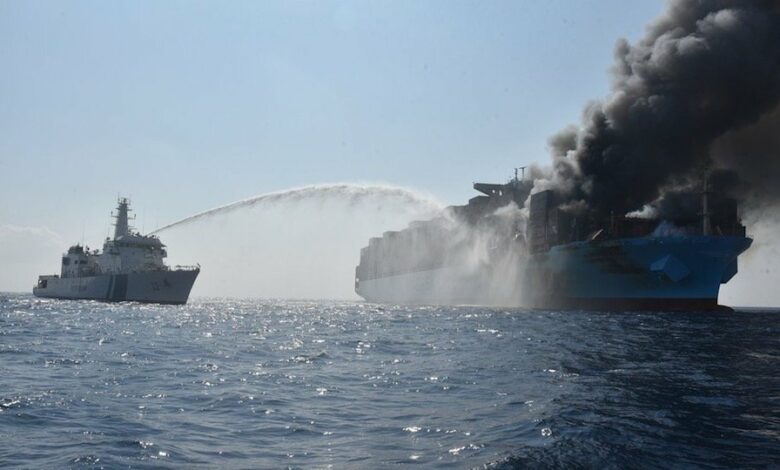[[{“value”:”

Charcoal shippers should be ready to see carriers phase in new tighter regulations this year, liner lobby group the World Shipping Council (WSC) said.
Charcoal shipments have caused serious fires on containerships, leading the International Maritime Organisation (IMO) to amend the International Maritime Dangerous Goods (IMDG) Code under which charcoal must be declared and transported as dangerous goods without exception from 2025. This rule will become mandatory from 2026. There are also new treatment, packing, and stowage requirements for shipments of charcoal.
The World Shipping Council, with IGP&I and TT Club, has created a reference guide that includes key changes starting this year and recommendations for producers, handlers and shippers.
Over eight years, at least 68 fires caused by improperly handled charcoal were documented on containerships. Fires involving containerised cargoes of charcoal typically arise due to the propensity of charcoal to self-heat. If the charcoal is sufficiently active, or if it is warm or hot when stowed, then the oxidation process can proceed at a rate at which more heat is generated through oxidation than can be lost through natural cooling. This causes the temperature of the charcoal to rise, according to a study into charcoal fires at sea carried out by Burgoynes, a consultancy.
Some of the changes that come into force this year include that charcoal must undergo a specific weathering process after production, or a specific process after pyrolysis, that it must not exceed a temperature of 40°C on the day of packing, and that a 30 cm gap must be left between the cargo and
the top of the container. Bulk shipments in containers remain prohibited.
“We’ve seen too many preventable fires onboard vessels caused by improper handling of charcoal,” said Joe Kramek, president and CEO of the World Shipping Council (WSC).
“We’re eager to see the new regulations implemented as the status quo hasn’t been adequate at keeping crew, cargo and vessels safe. Treating all charcoal as dangerous goods ensures uniform safety standards and gives everyone involved – from shippers to carriers – the tools and clarity needed to prevent future tragedies,” Kramek added.
The post Lines turn up the heat on charcoal shipments appeared first on Energy News Beat.
“}]]
Energy News Beat
